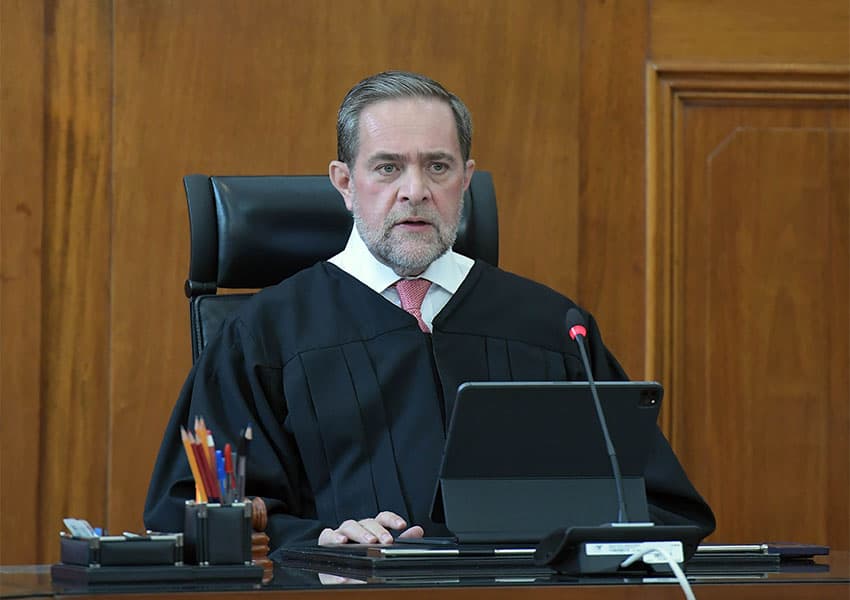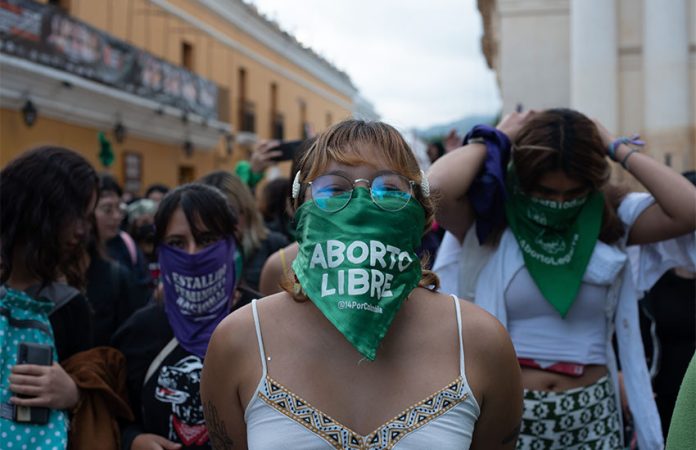The Supreme Court (SCJN) has ruled that all women — as well as other people “with the capacity to gestate” — can challenge state laws against abortion, whether they are pregnant or not.
In a statement issued Wednesday, the SCJN noted that the decision came after two lower courts handed down contradictory rulings on whether the condition of being a woman or “person with the capacity to gestate” was sufficient to “recognize their legitimate interest” to challenge laws that establish abortion as a crime, even if the complainant isn’t pregnant.

First trimester abortion is legal in 11 of Mexico’s 32 federal entities but remains an offense in the other 21 even though the SJCN ruled in 2021 that the criminalization of abortion is unconstitutional.
The SCJN said that its first chamber determined that laws that penalize abortion affect the cultural and social rights of people with the capacity to gestate, contributing to the creation of an adverse environment in which to exercise their human rights.
Such laws promote the belief that having an abortion is not the right thing to do from an ethical standpoint and “increase stigma for those who turn to these medical services,” the court said.
The SCJN said that its first chamber determined that while laws that punish abortion “directly affect pregnant people,” they also have an impact on “those who have the capacity to gestate” but are not currently expecting a child as they send “a discriminatory message” to them.

Laws punishing abortion have an impact on “their right to choose their life plan” and on “their sexual and reproductive rights,” it added.
“… The chamber concluded that the sole condition of being a woman or person with the capacity to gestate is sufficient to recognize” their right to file a legal challenge against the classification of abortion as a crime “without the need” to be immediately subject to relevant laws, the SCJN said.
Challenging state based laws against abortion on the basis that they are unconstitutional could result in a complainant being granted an injunction that authorizes the termination of a pregnancy and thus exempts them from punishment.
The issuance of injunctions in states where abortion has not been decriminalized could pave the way for the legalization of the termination of pregnancies in the first 12 weeks.
Puebla, Sonora, Chiapas and Nuevo León are among the states where abortion hasn’t been legalized, except in cases of rape or a risk to the mother’s life.
With reports from Aristegui Noticias
